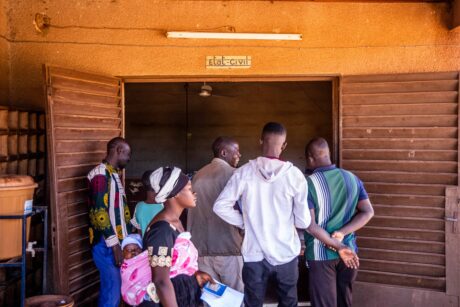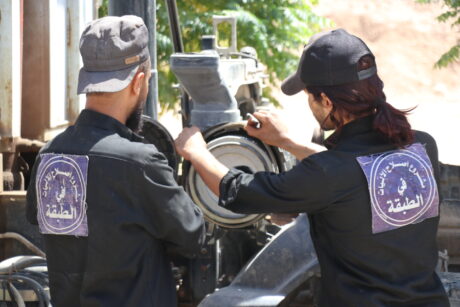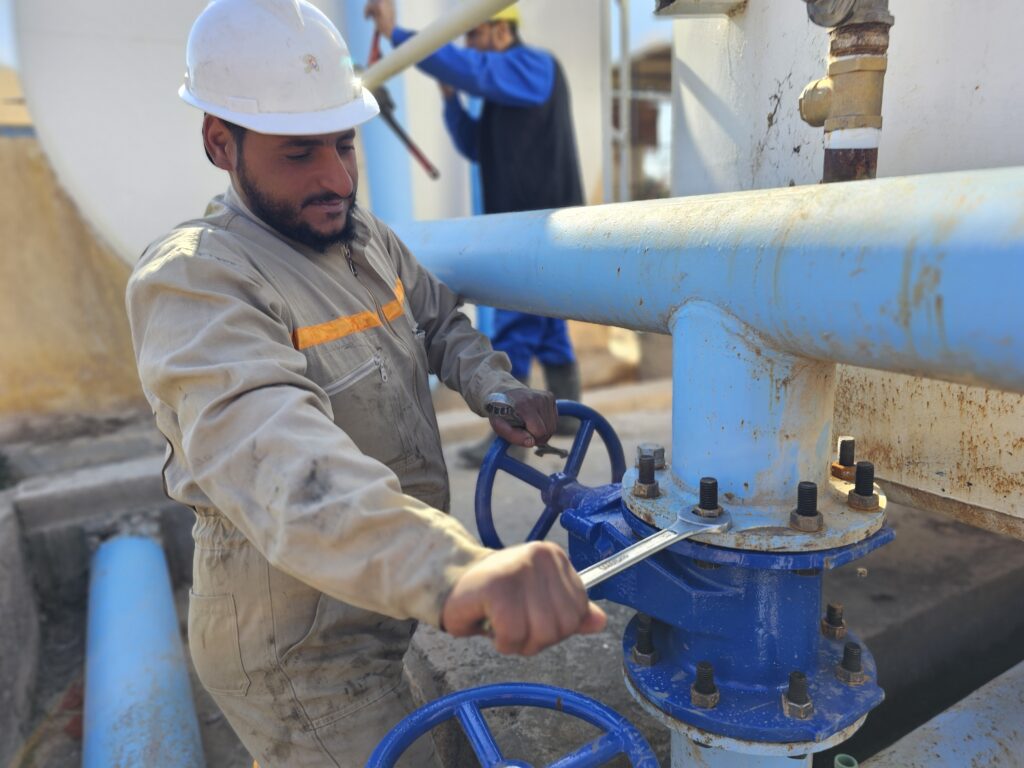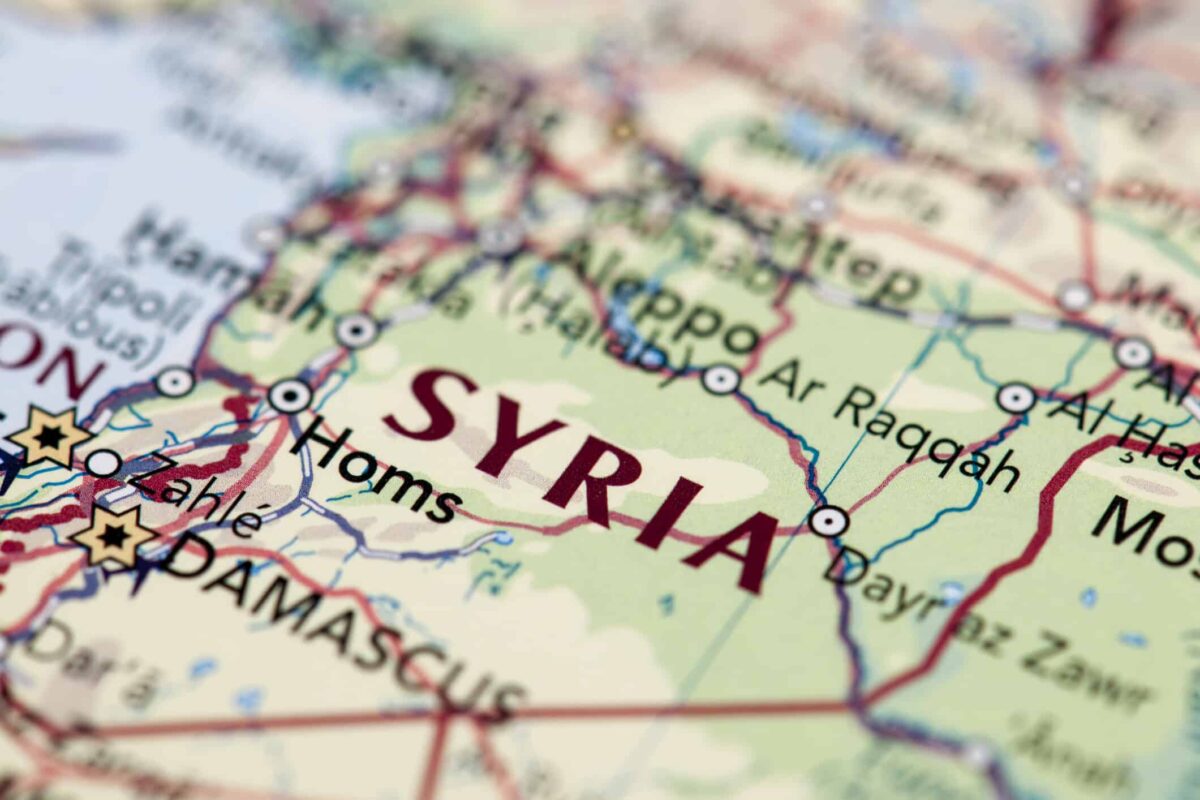The Facilitating Urban Recovery and Transition (FURAT III) program aims to strengthen local governance partners in northeast Syria.
The project is designed to support local governance actors and citizens living outside the regime’s control in the northeastern region of the country, with an emphasis on women, youth and religious and ethnic minorities.
Through FURAT III’s effort, local governance partners can better deliver essential services, improve responsiveness to community needs, address barriers to displaced persons’ reintegration, enhance stakeholder coordination, and enable local governance partners to provide services independently. By achieving these objectives, FURAT III promotes social cohesion, inclusivity, and sustainable development at the community level.
Funded by the U.S. State Department, the three-year program goes beyond short-term solutions by providing a framework for sustainable long-term peace and stability. Revising local governance and building resilient communities creates a foundation for continued development, fostering self-sufficiency and resilience in the region.
FURAT III derives its name from an Arabic word that means “sweet water,” which Syrians also use to refer to an area of the Euphrates Valley.
Program Goals
Local governance actors want to enhance their ability to deliver essential services, particularly in the realm of infrastructure rehabilitation and repair. They are receiving much-needed technical assistance and training in critical services such as firefighting, water supply, waste management, sanitation, electricity and more.
Through regular communication, actively involving residents in decision-making processes and promptly addressing community concerns, local governance partners seek to foster a strong connection with the communities they serve. This responsiveness builds trust and ensures that the services provided align closely with the community’s actual needs and priorities, fostering a more supportive and inclusive environment.
Local governance actors are developing sustainable financial strategies, enhancing their technical and managerial skills and building robust institutional frameworks that allow them to operate independently.
Reducing barriers to essential services and addressing fundamental needs are critical to reintegrating displaced persons. FURAT III’s approach to reintegration focuses on fostering an enabling environment within communities of return.



